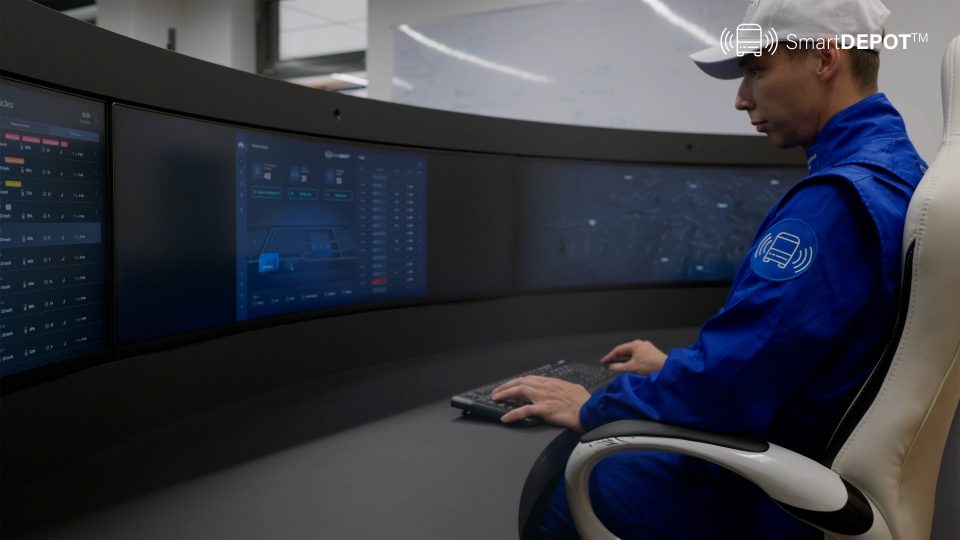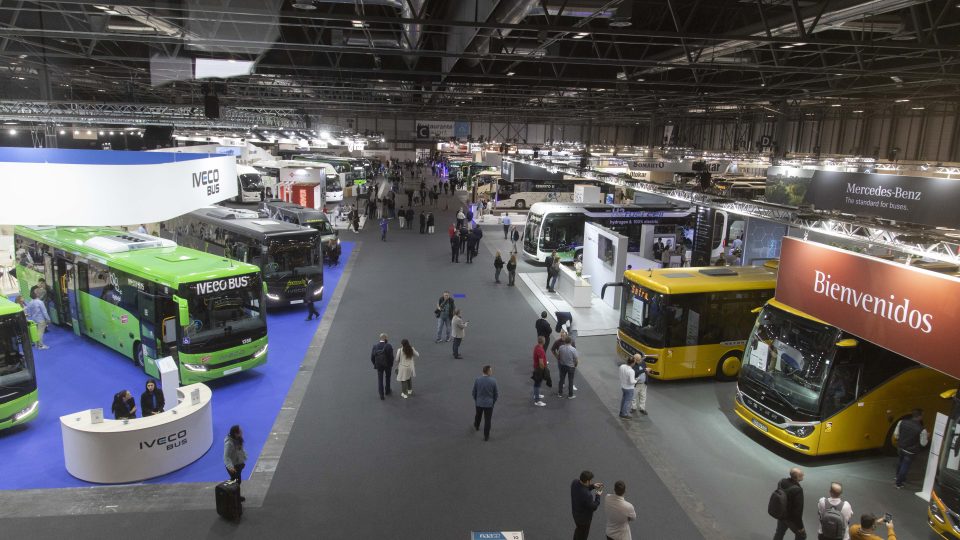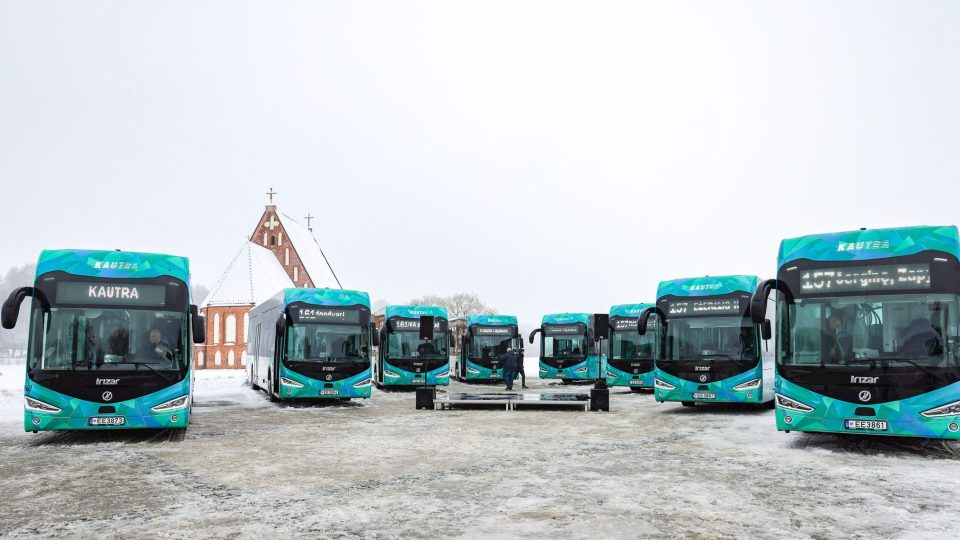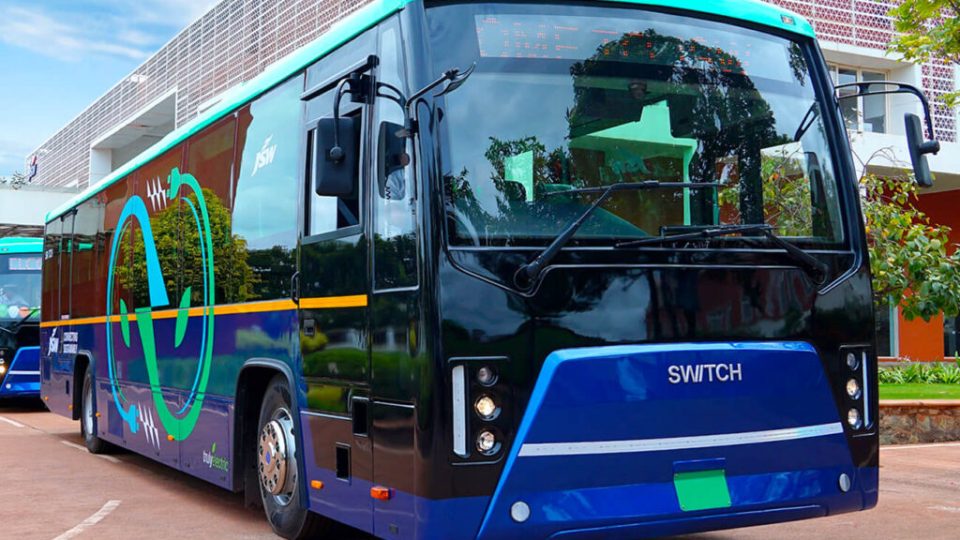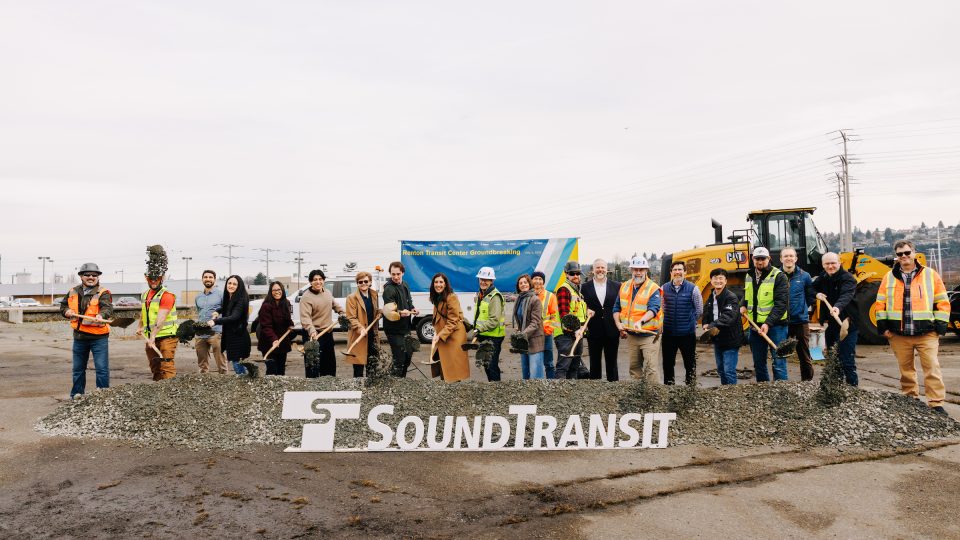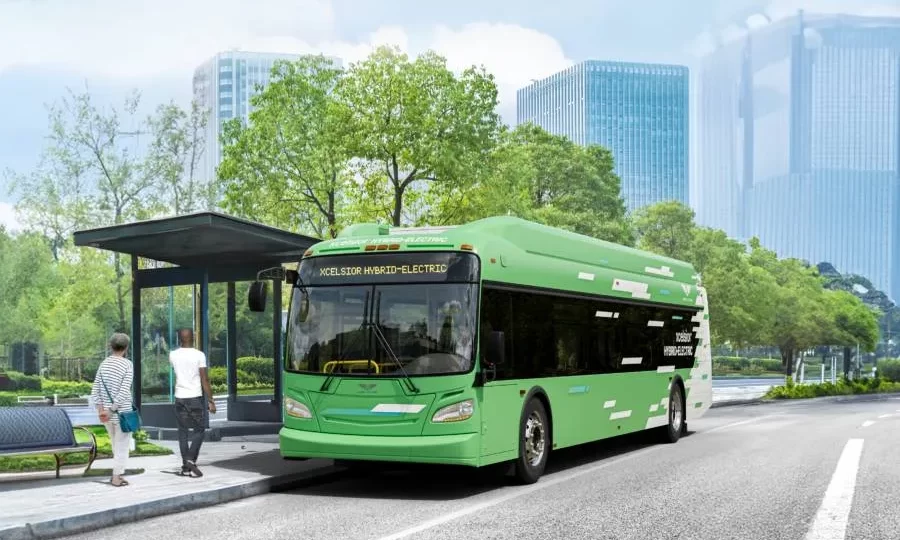Italy, Bari issues €34 million tender for electric buses to serve future BRT network
The Municipality of Bari, in Southern Italy, has published a tender for the supply of 42 articulated plug-in electric buses, marking a key step toward the implementation of a new Bus Rapid Transit (BRT) system. The procurement, valued at €33.894 million (excluding VAT), is financed through Italy’s National Recovery and Resilience Plan (PNRR), under Mission […]
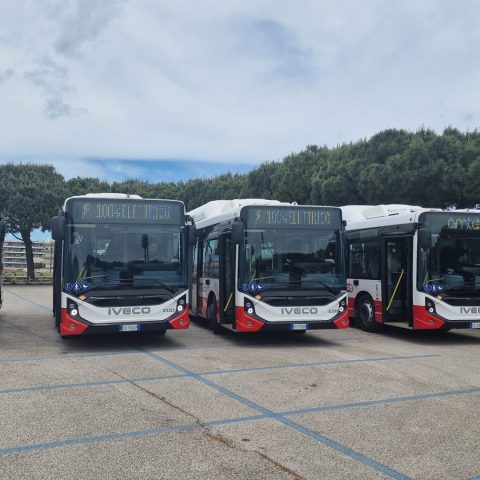
The Municipality of Bari, in Southern Italy, has published a tender for the supply of 42 articulated plug-in electric buses, marking a key step toward the implementation of a new Bus Rapid Transit (BRT) system. The procurement, valued at €33.894 million (excluding VAT), is financed through Italy’s National Recovery and Resilience Plan (PNRR), under Mission M2C2 – Investment 4.2, which supports the development of high-capacity, zero-emission public transport in urban areas.
Compliance with the delivery timeline is a contractual obligation. According to Article 3 of the relevant decree on PNRR funding, the supply must be completed and the vehicles in operations by 30 June 2026. Failure to meet this deadline may result in the loss of funding and constitute grounds for contract termination, with financial liability for the contractor.
As reported on Italian trade media Autobus (our sister media), Bari’s carrier AMTAB welcomed in early May its first ever electric buses (branded Iveco Bus).
Bari tenders zero emission buses for Bus Rapid Transit
The tender is structured as a single lot to ensure uniformity across the fleet. The decision reflects the city’s strategy to streamline vehicle maintenance and service operations by adopting a standard vehicle configuration throughout the future BRT network.
The contract outlines the supply of 42 fully low-floor articulated buses, each between 18.00 and 18.75 meters in length, designed for intensive urban operation. The plug-in electric buses must comply with strict performance and capacity requirements: at least 110 passengers (35 seated), four doors, two wheelchair areas, and a boarding ramp.
Additional specifications include a minimum battery capacity of 430 kWh, a required range of at least 145 km between charges, and onboard infrastructure to support both overnight and opportunity charging. Charging systems must deliver a minimum of 100 kW per plug-in connector, with each vehicle equipped with at least two charging inlets placed on opposite sides.
The buses are intended to operate on Bari’s upcoming BRT corridors, which are designed for efficient high-frequency transit. The operational profile calls for vehicles capable of up to 20 hours of daily service, with average commercial speeds of 18.5 km/h and the ability to handle gradients of up to 5%. Climate control is also essential, with the city requiring intensive air conditioning for six months and moderate heating for four months each year.
The economic and financial requirements for participation are stringent. Bidders must demonstrate a minimum turnover of €44.7 million (excluding VAT) over the best three years out of the past five. Technical eligibility is equally rigorous: only operators with a track record of delivering at least 80 battery-electric Class I M3 buses in the last ten years may participate.


